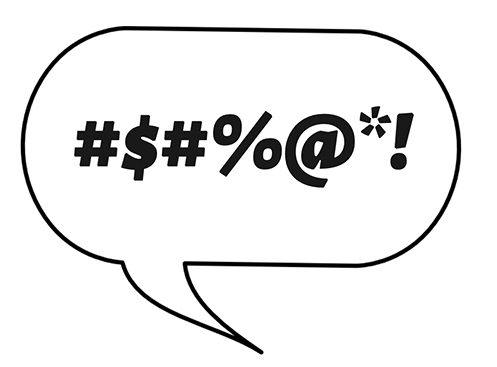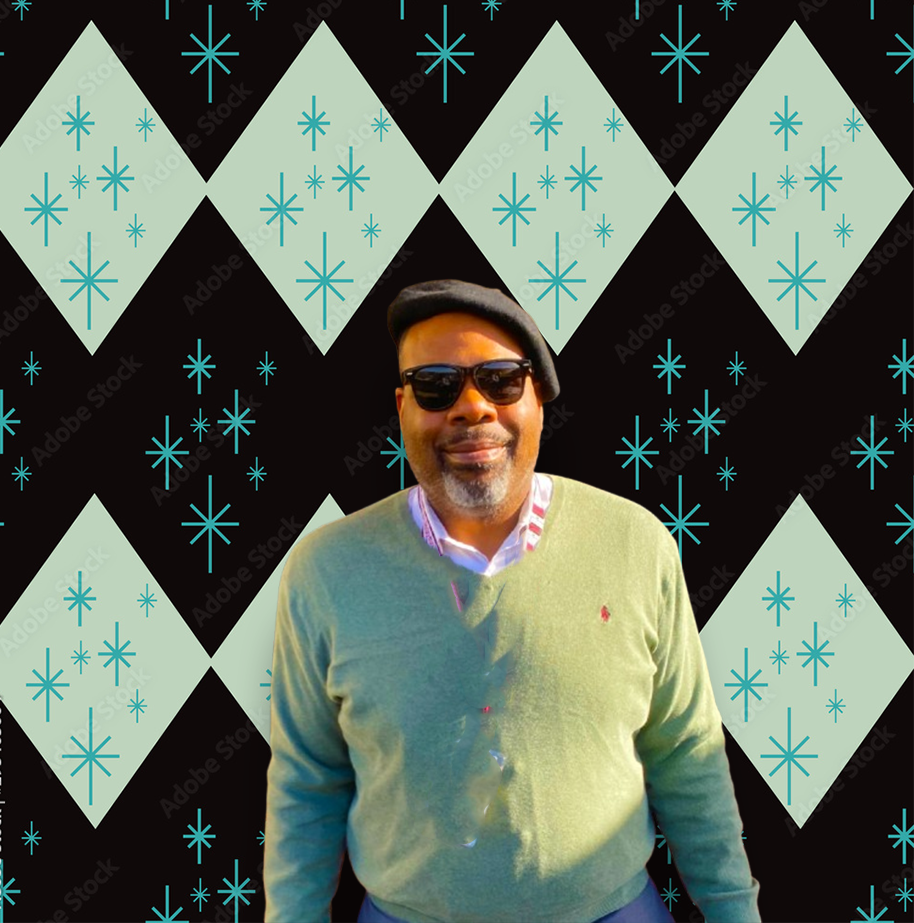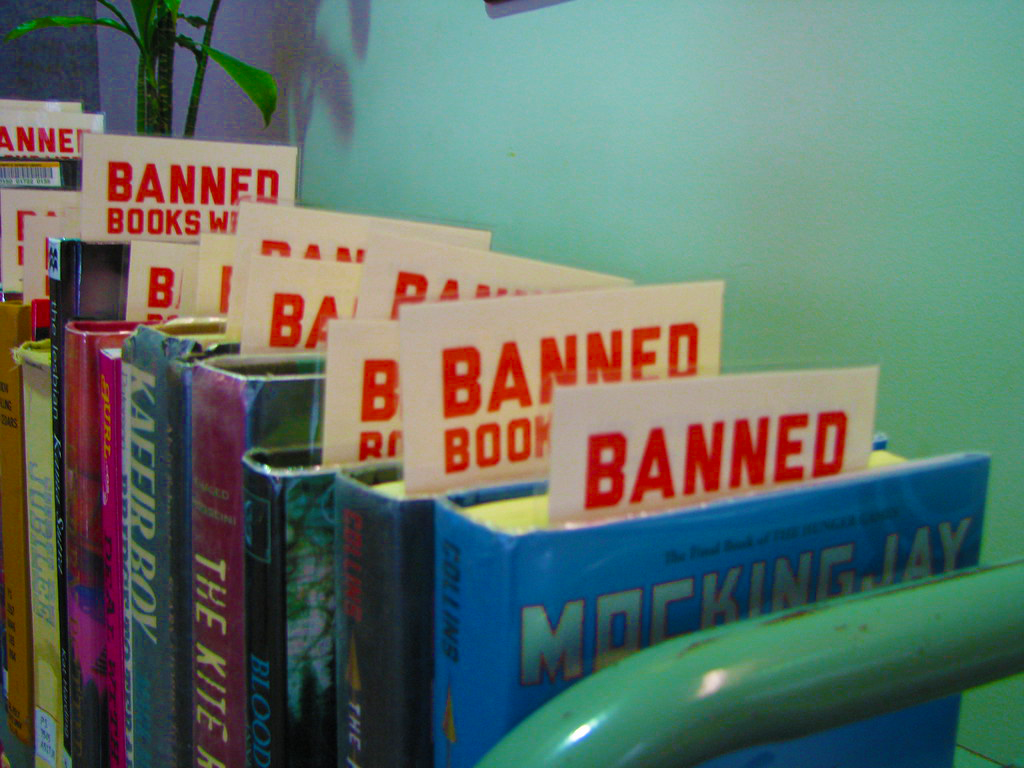In a generation that is influenced by social media and fast-paced communication, a new type of language is becoming normalized among teenagers: casual cursing. What was once considered taboo has now become an ordinary part of everyday language, leading some to question the boundaries of acceptable speech for this generation.
“I think cursing is becoming a much more normalized action with the extended internet access and the lack of discipline regarding curse words at school.” said one student. “It’s becoming a much bigger issue in regards to respect to authority figures and respect towards peers.”
This shift toward casual cursing can be learned from various cultural influences, including social media platforms, where expressions of unfiltered emotion reign supreme. Influencers and content creators often express themselves with a casual tone that resonates with young audiences, further normalizing the use of such language.
Another student shared their thoughts on teens cursing. “I think for some students it’s like a natural thing that happens. You don’t mean to curse on purpose. The main curse word I hear people say is the F-word.”
Many students have noted the use of curse words in everyday conversation has become more normal among students. Profanity is not limited outside of schools and has made its way into school environments as well. At the same time, teachers and administrators have observed that the increased use of offensive language can contribute to classroom disruptions and conflicts among students.
For some educators, cursing in class is not tolerated, but others choose to accept it and move on. Some teachers ignore foul language unless it’s directed towards them or another student. “They either don’t care or do not hear it. It’s pretty rare for a teacher to snap back.” reported one student.
While cursing may be the new normal of today’s youth, communication and respect remain to be seen, as the line between informal and formal language becomes blended. For now, cursing continues to be a popular way for younger generations to express themselves.









